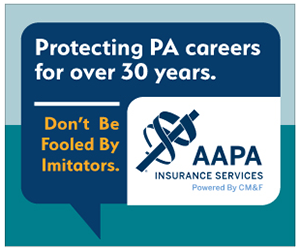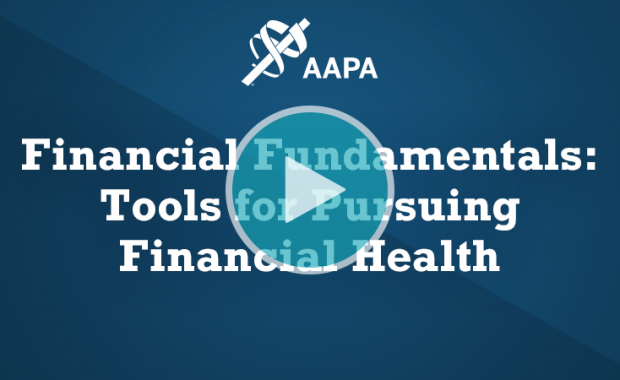Career Resources
Approach to limiting bias for patients with Mental Health and Substance Use Disorders
Stigma and bias can lead to poor patient outcomes for people who have mental health and substance use disorders. So, what can providers do to help patients and limit their barriers to receiving good care? Find out how you can help mitigate bias and stigma in the healthcare setting.
Putting Bias Aside
It is essential that providers can connect with patients, recognize signs of mental health and substance use disorders, and holistically approach the treatment of these patients. In this article, you will learn how bias and stigma affect health outcomes for patients with mental illness and substance use disorders, and identify some of the different types of bias and stigma that may affect the care that healthcare providers give to their patients.
Keys to a Thriving PA-Physician Team
The happiest PAs feel like they are part of a vital, mutually supportive team. Read on to learn the most common roots of dissatisfying team relationships and learn the PA Career Coach’s tips for cultivating and maintaining a strong relationship with the physicians on your team.
Ethical Guidelines for the PA Profession
AAPA has developed ethical guidelines for the PA profession that offer a framework for your decision-making.
Personal Finance for PAs
No matter where you are in your PA career, it’s beneficial to have a basic knowledge of saving, debt management, and use of credit. Gain insight, strategies, and tools to meet your financial goals with the help of these AAPA and partner resources.
Building Collegial Connections
Relationships are the cornerstone of PA practice. PAs can promote positive connections with colleagues through trust, respect, communication, and clarity.
Continuing Medical Education (CME) Optimization
Make the most of your CME budget and learn how to tailor your clinical education to your individual learning style and needs.
Effective Patient Communication: Background, Benefits + Best Practices
This article is an overview of effective patient communication, from background to benefits to strategies and pitfalls that the clinician should know.
When Good Intentions Go Bad: Stories in Medical Ethics
Ethical issues may arise with each patient encounter. Join AAPA for this FREE webinar on what to do when the ethical choice isn’t clear.
PA Wellness
At AAPA, we’re here to support your PA well-being and fight PA burnout by ensuring your emotional, physical, social, workplace, and societal well-being.

Fact-Checked: Myths About Malpractice Insurance
AAPA has partnered with CM&F for more than 20 years to provide trusted insurance protection for PAs’ assets and careers. To help you understand the complexities of malpractice insurance, they debunk five of the most common myths they hear from PAs.

What PAs Need to Know About Malpractice Insurance
All clinically practicing PAs should carry professional liability coverage, often called malpractice insurance, during all time periods in which they practice. But the ins and outs of malpractice insurance can be confusing, so we have the official answers to nine of your most frequently asked questions.

Financial Fundamentals: Tools for Pursuing Financial Health
In this one-hour webinar, learn what it takes to get into PA school and how to make yourself a more competitive applicant.

How PAs Can Provide Compassionate Care to Survivors of Interpersonal Violence
AAPA enlisted Katherine Thompson, PA-C, a practicing PA in emergency medicine and urgent care for four years, to respond to Huddle’s Ask Me on interpersonal violence (IPV) and forensic medicine. Read her advice on how healthcare providers can identify and manage IPV survivors.

